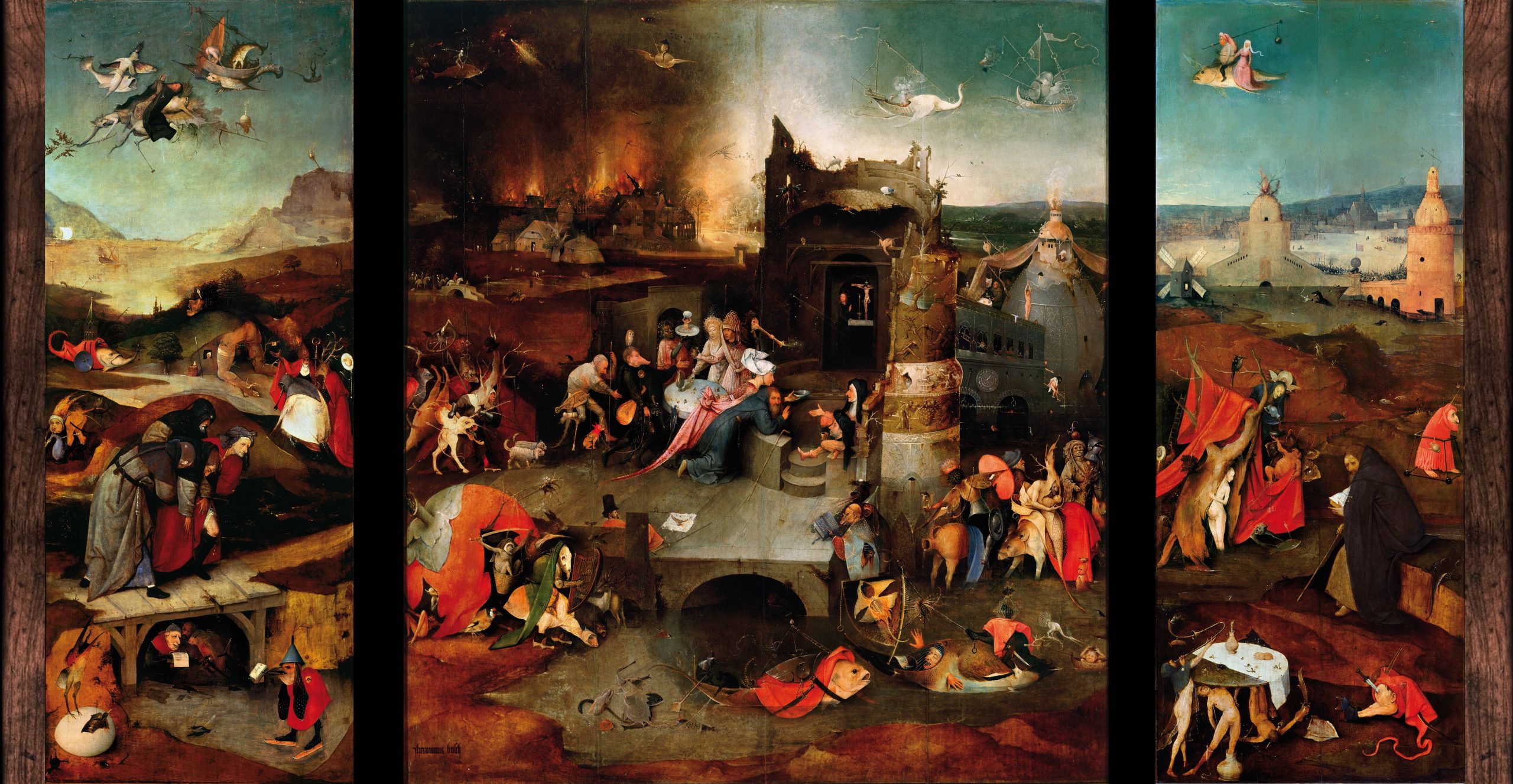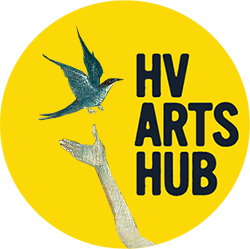The great shame of the digital age: true independence and authentic community are becoming relics of an analog past.
This is especially true for artists, as those pockets of culture, conversation and, by necessity, commerce that serve as beacons for the creative class had already begun to wither away before the coronavirus deemed them extinct. Somehow, in the name of saving civilization, it’s always culture that gets tossed off the life raft first. Did we ever think we would miss these lived experiences so much?
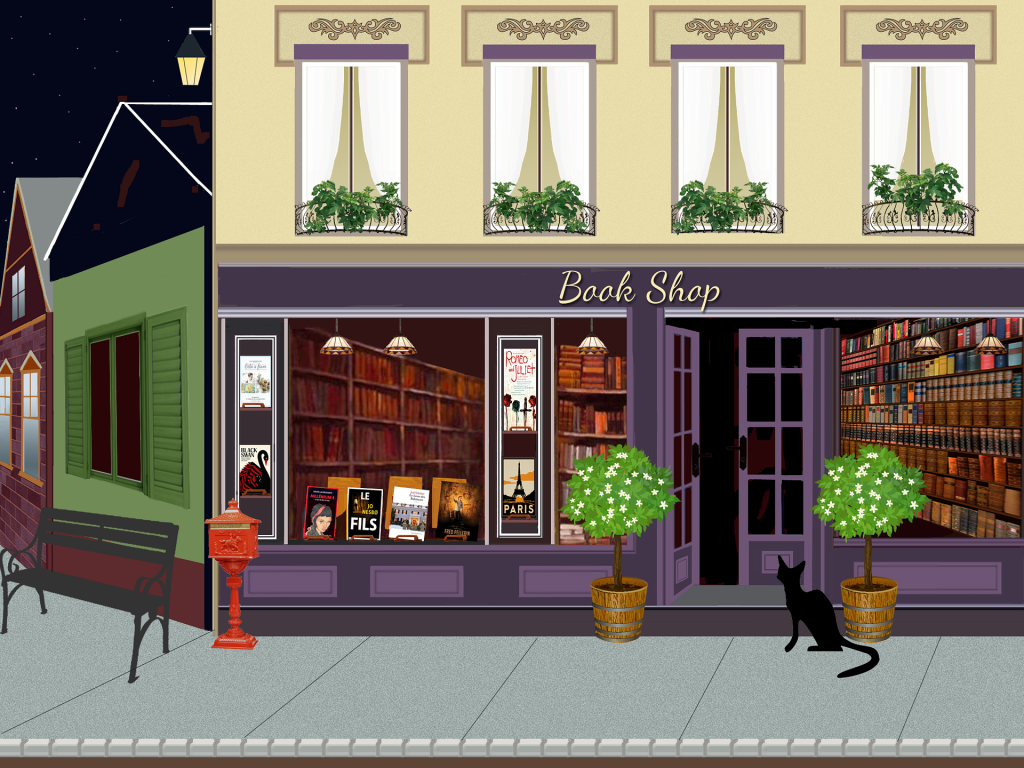
The feel of a book’s cover. The whir of a mechanical film projector. The texture of paint on a canvas. While we may never recreate these perfectly in a digital environment, we must do what we can to preserve and nourish these cultural interactions. The independent arts must find a way to rise above the chaos and noise of our current moment in time. Whether they make us laugh, cry or think, artists and storytellers hold the mirror up to the world. In or out of quarantine, shouldn’t they be able to gather in one place to experiment and inspire each other, collaborate and share their work? Well, that’s why we turned our own creative community into Hieronyvision, hoping to provide a digital haven for artists, writers, filmmakers, and anyone else looking to express themselves creatively without looking over their shoulders.
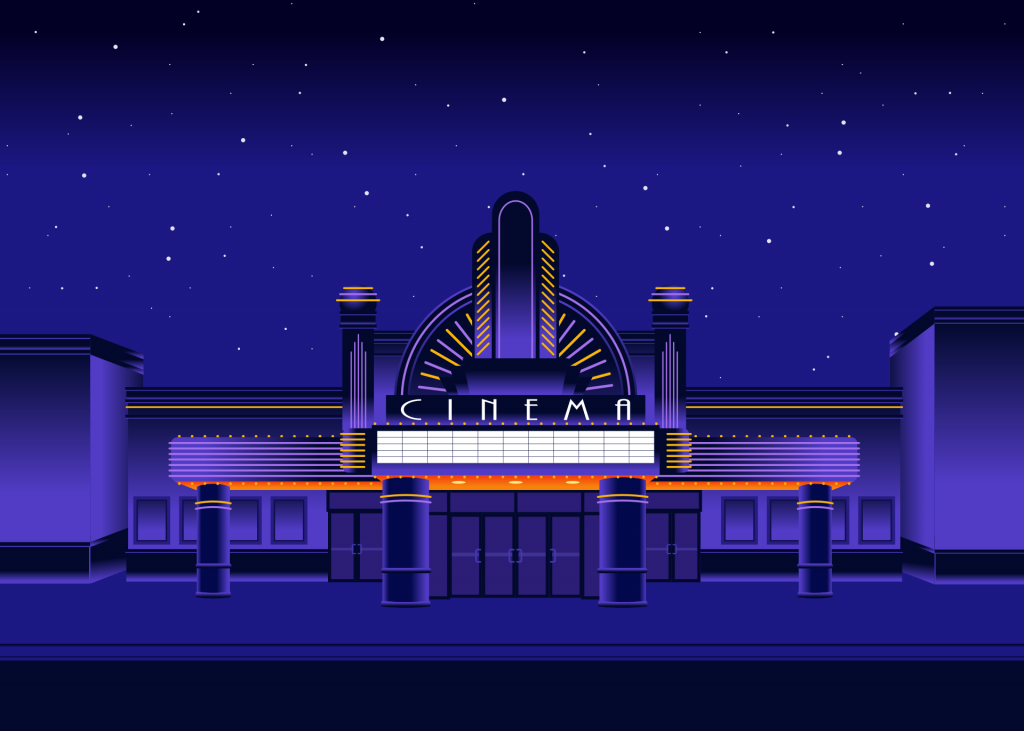
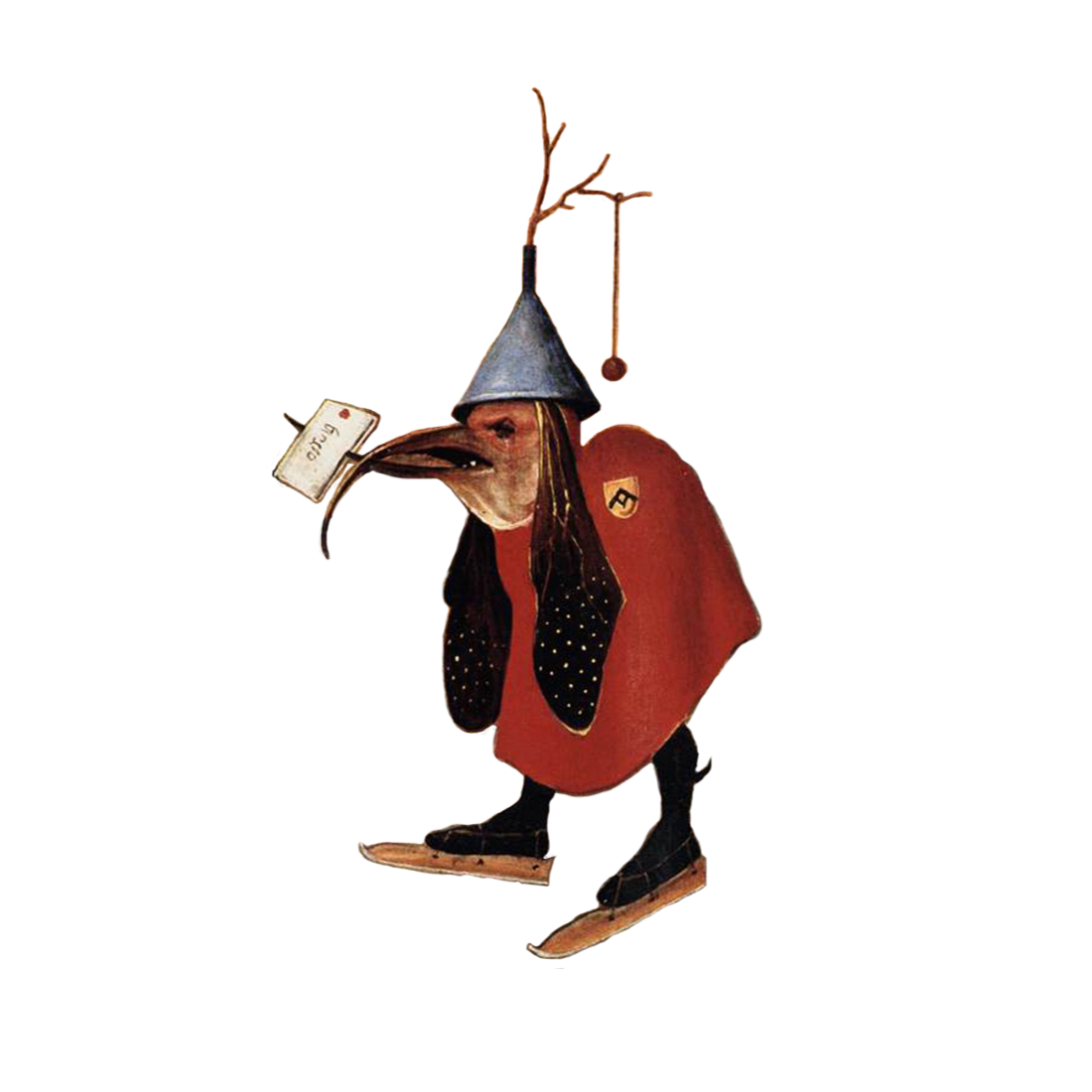
To be fair, the independent arts were already going the way of all those forgotten silent movie stars playing cards at Norma Desmond’s house just reminiscing about the past. Except in this scenario, there’s not even a little community cinema to show a remastered 35mm print of Sunset Blvd. The financial decline of locally owned-and-operated bookstores, movie theaters, and art galleries was a familiar story even before society shut down. Whether you subscribe to free market Darwinism, progressive capitalism, or techno-dystopian Marxism, the internet isn’t the only culprit in this saga. Big chains and corporations played a major role, but the goal here isn’t really to point fingers or name names. Our aim is to appreciate the true value of these independent culture venues. When we’ve looked at the loss of these spaces, we’ve likely approached it from the view of the consumer. Where do readers go for offbeat author recommendations? Where do audiences go for independent arthouse cinema? Where do patrons find cool, affordable art that’s not an IKEA reproduction?
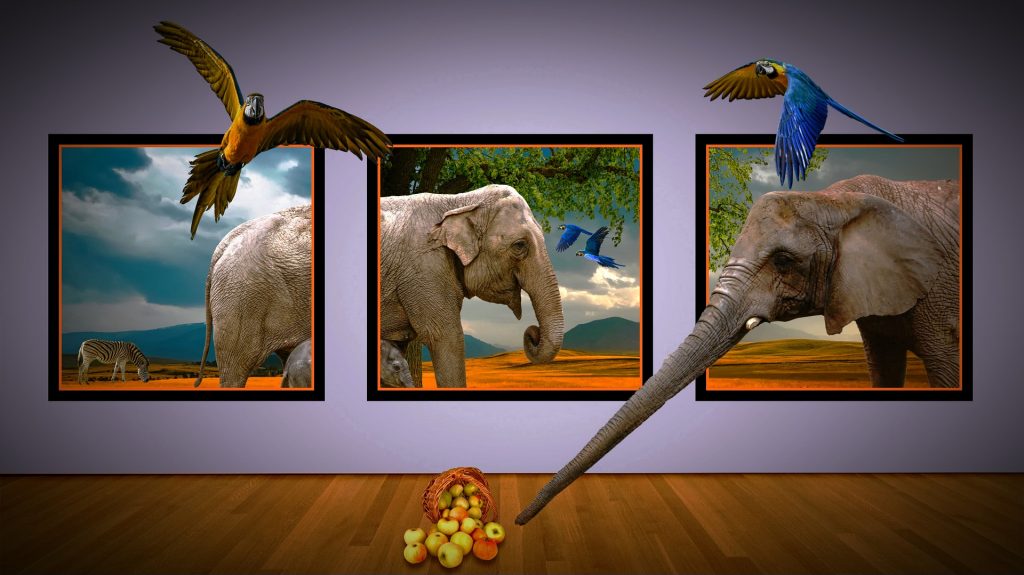
Of course, all this was true before the COVID-19 pandemic. Even in a crisis, many of these businesses have found clever ways to survive – we urge you to buy a book from a local store, stream the latest arthouse releases from your local indie movie theater, or visit a local art gallery virtually. Yet might this provide a moment to reevaluate how we forge a path forward in a world that can’t depend on physical spaces for community and interaction? No matter how many plucky hacks and scrappy workarounds the creative class improvises, its members always risk drowning first in the storm without these shelters. We’ve seen there are some advantages for creatives on social media and streaming apps in terms of reaching audiences, but the downside is no guarantee of artistic freedom on platforms.
We hope that bookstores, movie theaters and art galleries survive the crisis. We’ve made the case for their intrinsic value and the need for a creative community at large. We started Hieronyvision because we missed so many of these places. We wanted to ensure that an arts and literary community with hyperlocal sensibilities can outlast the brick-and-mortar spaces when the rents get too damn high or there’s a once-in-a-generation pandemic. We believe that neither cyberspace nor coronavirus should necessarily pose an extinction level threat to the independent arts. That’s why Hieronyvision provides a community space for struggling creatives to share their work, generating a positive, supportive discourse and even some degree of financial support.
Image Credits
Book Store by Louise Dav from Pixabay
Cinema by Jeff Jacobs from Pixabay [Featuring Max Bosch]
Art Gallery by Christine Engelhardt from Pixabay
